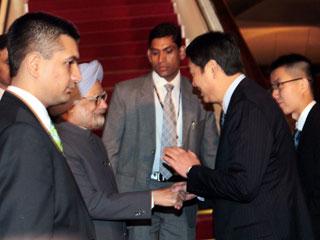
Prime Minister Manmohan Singh being received by Chinese Vice Forgien Minister Zhai Jun on his arrival at Beijing International Airport in China on Tuesday. Photo: PTI.
BEIJING (PTI): India and China appear all set to sign a landmark agreement on border cooperation to avoid army face-offs like in Depsang valley in Ladakh recently but plans for putting in place a liberalised visa regime look elusive.
Prime Minister Manmohan Singh, who arrived here to a warm reception on his three-day visit, will meet Chinese Premier Li Keqiang on Wednesday after which the Border Defence Cooperation Agreement (BDCA) will be signed.
This assumes significance in the context of the Depsang valley episode in Ladakh earlier this year when People's Liberation Army (PLA) troops made an intrusion and stayed put for three weeks.
However, there are indications that an agreement for liberalising visas for the Chinese is unlikely to be signed by the two countries in a virtual tit-for-tat after China issued stapled visas to two Indian archers from Arunachal Pradesh recently.
Giving indications that decks have been cleared for signing of BDCA, sources said, "Don't ask about the outcomes now. We will give you details on Wednesday."
The BDCA was cleared by the Cabinet Committee on Security last week as part of further confidence building measures to avoid incidents along the Line of Actual Control which has seen many intrusions from the Chinese side.
The BDCA also provides for setting up of a hotline between the DGMOs of the two countries on the lines of the mechanism India has with Pakistan.
The deal is expected to be cleared after talks between Singh and Li, who will host a lunch for the Prime Minister.
This is the second meeting between the two leaders in five months after the Chinese Premier visited India in May.
On Wednesday, President Xi Jinping will also host a banquet dinner for Singh, signifying the importance attached to the Indian leader's visit.
On his arrival, the Prime Minister said he was looking forward to promoting further cooperation between India and China and between the Chinese leadership and himself.
"I am very happy to be in China. China is is our great neighbour. We have centuries-old relationship. We have lots of things to discuss," Singh told reporters.
The Prime Minister was received by Chinese Vice Foreign Minister Zhai Aun.
On the border incidents, the sources acknowledged such episodes will continue to take place because of the difference in perceptions along the Line of Actual Control (LAC).
The LAC is actually the most peaceful border, they said.
"The last person to die was in 1978. It is not a hot border. Nothing has changed on the ground. Peace and tranquillity has been maintained and we will keep working on it as each of us develop our capability and we build our infrastructure on the border," the sources said.
"Naturally it is important to find a new equilibrium at each stage," they said.
Depsang, the sources said, was the most successful instance of both sides managing to handle an incident that occurred.
"We restored the status quo. It is what we are supposed to do under the 1993 agreement. We did it quickly and fairly within three weeks.
"Look at the difference between Depsang where we did it in three (weeks) with minimum fuss and look at how Wang Dong was handled. It took 1996 and 1993. This was done smoothly because we have the mechanisms in place," the sources said.
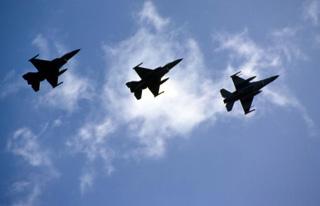 Previous Article
Previous Article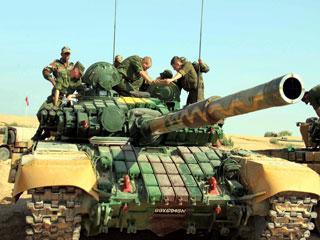 Next Article
Next Article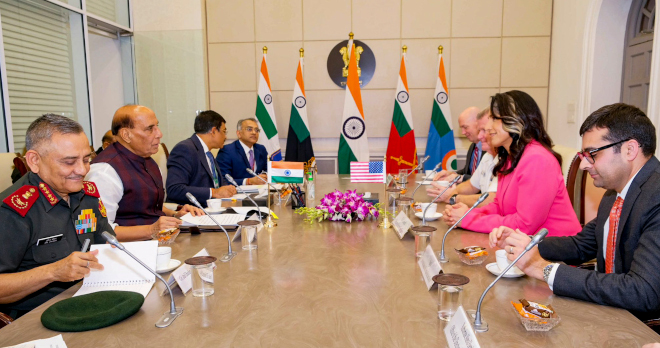
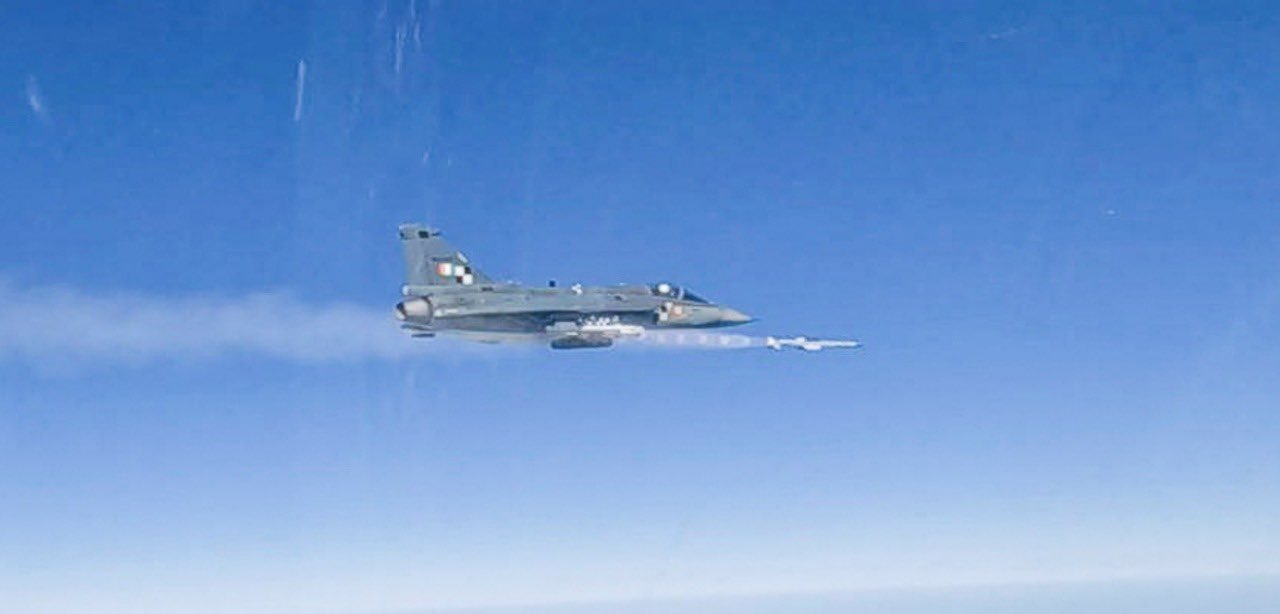
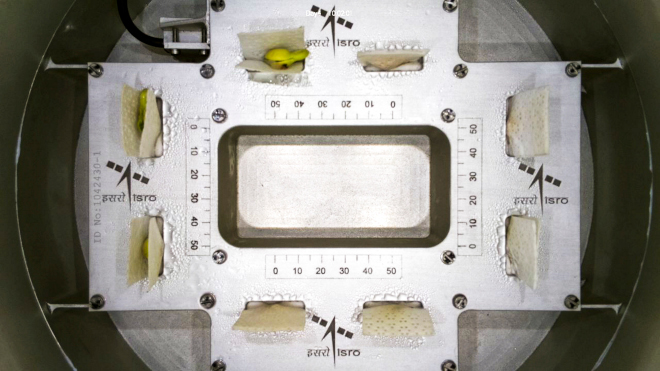



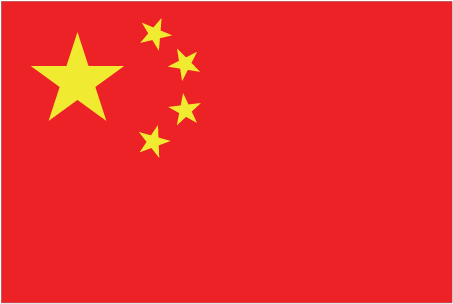





The Indian Air Force, in its flight trials evaluation report submitted before the Defence Ministry l..
view articleAn insight into the Medium Multi-Role Combat Aircraft competition...
view articleSky enthusiasts can now spot the International Space Station (ISS) commanded by Indian-American astr..
view article